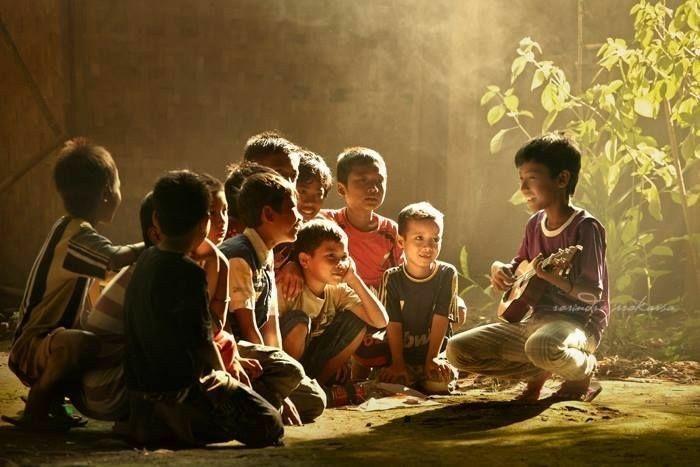Protecting children’s rights is crucial for building a intellectual and smart society. Children represent the future, and safeguarding their rights ensures they grow into responsible, accountable adults. To effectively protect children’s rights, it is essential to focus on education and community / family support.
Firstly, providing access to quality education is mandatory no matter how the country or government is. Education helps children with the knowledge and skills they need to succeed. For example, free and compulsory education can help reduce child labor and break the cycle of general poverty and inequality. Educated children are more likely to fight for their rights and contribute to society, rather positively or negatively.
Secondly, strong legal works are necessary. Governments must enforce laws that prevent child abuse and discrimination against siblings and other children. For instance, laws banning child marriage and trafficking should be strictly implied by the government at all cost. Legal protection not only safeguards children but also holds the person who’s in the wrong side accountable, creating a safer environment for every individual.
Lastly, community and family support plays a significant role in a child’s development and growths. Families, schools, and local organizations must work together to raise awareness about children’s rights. Programs that educate parents about proper healthcare and emotional support can improve children’s well being. For example, UNICEF’s community based researchers have shown success in promoting child rights in underserved areas.
In conclusion, protecting children’s rights requires many things. Education, strong laws, and community involvement are key strategies to ensure every child can thrive. By prioritizing children’s rights, societies invest in their own future.

